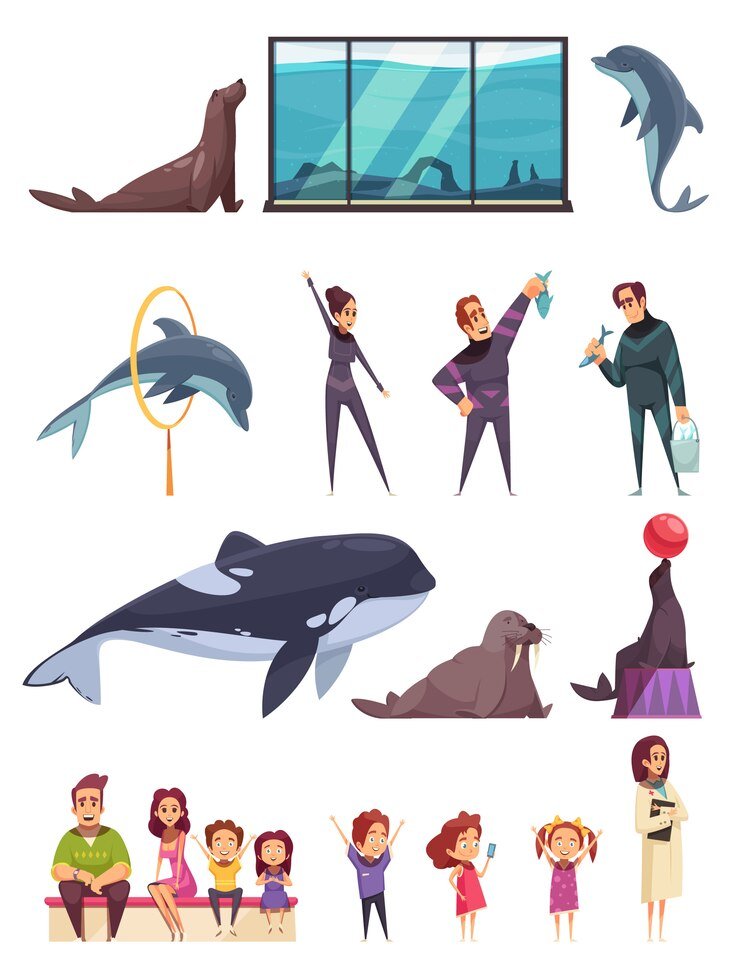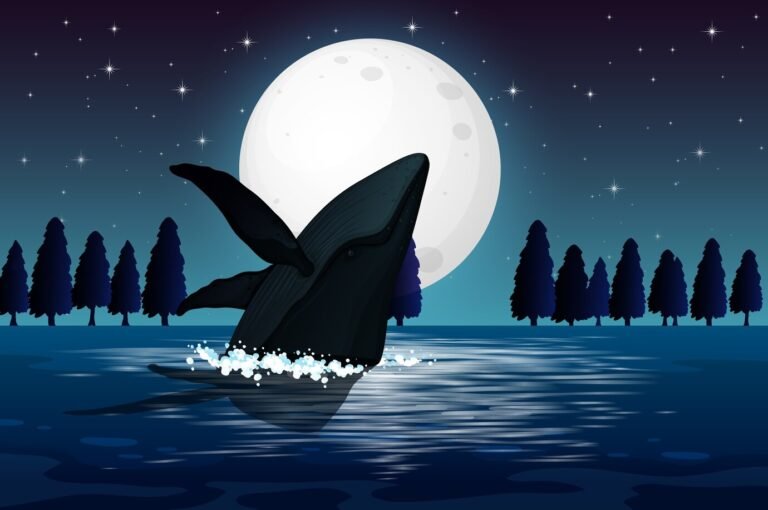Table of Contents
The world of cinematic storytelling has always been fascinated by the power of nature, and there are few creatures more awe-inspiring than the orca, also known as the killer whale. In 1977, movie Orca, a film that combined the thrill of adventure with the tension of a revenge-driven narrative, captured the imaginations of audiences worldwide. Directed by Michael Anderson and produced by Dino De Laurentiis, movie Orca was a film that sought to blend the popular creature feature genre with a more sophisticated, yet thrilling, drama.
This article will explore the plot, themes, characters, performances, and legacy of movie Orca, while analyzing why it remains a cult classic among both animal attack film lovers and fans of more traditional dramatic stories.
1. Overview of the Movie Orca
Movie Orca was released in 1977, just a few years after the massive success of Jaws (1975). Capitalizing on the public’s interest in animal-based thrillers, movie Orca sought to give audiences a unique spin on the genre. While Jaws featured a shark as the antagonist, movie Orca placed the focus on an intelligent and powerful marine mammal—the orca.
Plot Summary
The film tells the story of a vengeful orca, which embarks on a relentless pursuit of the humans responsible for the death of its mate. The film opens with a daring hunt by the film’s protagonist, Captain Nolan (played by Richard Harris), who is a fisherman by trade. During a routine capture of a whale, Nolan’s boat causes the accidental death of an orca’s mate, a female killer whale. This leads to the orca’s decision to exact revenge on the humans responsible. The narrative unfolds as the orca becomes an almost sentient force of nature, terrorizing the coastal town where Nolan resides.
Key Cast
- Richard Harris as Captain Nolan
- Charlotte Rampling as Rachel, Nolan’s love interest
- Will Sampson as the character of the shaman-like figure, Paul
- Keene Curtis as the villainous whaler
2. Themes and Symbolism in Orca
While movie Orca may seem like a straightforward creature feature on the surface, the film is rich in deeper themes that explore nature, revenge, and human morality. By centering the narrative around an animal’s quest for vengeance, movie Orca opens up a dialogue about humanity’s treatment of nature and the consequences of disrupting the natural order.
1. Revenge and Justice
The most prominent theme in movie Orca is revenge. The orca, which has lost its mate, becomes a symbol of nature’s desire for balance and justice. The whale’s pursuit of Nolan and his crew demonstrates how the cycle of revenge can escalate and consume both the pursuer and the pursued. In many ways, the orca’s quest for vengeance is as tragic as it is terrifying, highlighting the destructive nature of unchecked retaliation.
2. The Conflict Between Humanity and Nature
Movie Orca also explores the idea of humans as invaders of nature’s territory. Captain Nolan is a fisherman, and his interactions with the sea and its creatures are purely business-driven. His initial disregard for the orca’s well-being sparks a dangerous chain of events. This theme is particularly relevant in the 1970s, as environmental consciousness was beginning to rise in popular culture.
3. Intelligence of Animals
Movie Orca is one of the few films that offers a depiction of animals as complex beings capable of emotion, thought, and reason. The revenge-driven orca is no mindless animal; it is a creature that processes the consequences of its actions and intelligently hunts its targets. This portrayal elevates the orca from just an animal to something resembling a sentient being, and this contributes to the film’s haunting and complex tone.
3. The Legacy of Orca in Cinema
While movie Orca never reached the commercial success of Jaws, it remains a cult classic to this day. It shares many of the same qualities that made Jaws a phenomenon, but it offers a more tragic and morally complex narrative.
Influence on Animal-Based Horror
In the wake of Jaws, there was a surge in popularity of animal-based horror films. Movie Orca stands as one of the more unique entries in this genre, primarily due to its focus on a highly intelligent and emotional creature as its antagonist. Films like Piranha (1978), Alligator (1980), and Grizzly (1976) followed in a similar vein, capitalizing on the fear of nature’s creatures turning against humanity.
However, unlike the simpler, more straightforward monster films of the time, movie Orca tried to offer a more nuanced and tragic portrayal of its animal antagonist. This darker tone, combined with the film’s attempts to imbue the orca with human-like characteristics, sets it apart from other creature features of the 1970s and 1980s.
Cultural Impact
Movie Orca is also a part of a broader conversation around the treatment of animals in media. The depiction of a vengeful orca is a direct reflection of humanity’s historical exploitation of marine life. In some respects, movie Orca can be seen as an early work of cinema that engaged with themes of animal rights and environmentalism, albeit in a fictional and dramatic manner.
Additionally, the film became a talking point for animal enthusiasts and environmental activists due to its representation of the orca. Unlike other animals portrayed in media, which are often shown as simple “bad guys” or mindless forces of destruction, the orca in movie Orca is shown as a tragic, almost sympathetic figure.
4. Analyzing the Filmmaking and Production of Orca
Movie Orca was directed by Michael Anderson, a director with a varied filmography that included titles like Around the World in 80 Days (1956) and Logan’s Run (1976). While Anderson’s experience in adventure and science fiction films was helpful, movie Orca was a much more ambitious project due to its need to work with live animals and underwater sequences.
Use of Special Effects
The special effects in movie Orca are a mix of practical effects and innovative use of animatronics. The filmmakers faced significant challenges in creating realistic and believable orca scenes. For instance, many of the orca action scenes were crafted with the use of both animatronics and trained live whales.
Despite the film’s limitations in technology compared to modern CGI, the practical effects, combined with the dramatic close-ups and atmospheric cinematography, make the orca’s attacks feel raw and visceral. The use of actual orcas in some of the scenes was groundbreaking for its time and added to the authenticity of the film’s portrayal of the whale’s intelligence and emotional complexity.
Cinematography and Sound
The cinematography of movie Orca is also noteworthy. The film’s lush, sweeping shots of the ocean and its eerie underwater sequences create a unique atmosphere that amplifies the tension between the human characters and the vengeful orca. The ocean is depicted not just as a setting but as a character in its own right—vast, uncontrollable, and filled with danger.
The film’s soundtrack, composed by Ennio Morricone, is another standout aspect. Morricone, known for his work on The Good, the Bad, and the Ugly (1966) and The Mission (1986), crafted a haunting and emotional score for movie Orca. The music complements the film’s dramatic and tragic narrative, heightening the sense of impending doom.
5. Character Study: Captain Nolan and the Orca

One of the most compelling aspects of movie Orca is its portrayal of the central conflict between Captain Nolan and the orca. Both characters, in their own way, are driven by a need for vengeance and the desire for justice.
Captain Nolan
Richard Harris, a talented actor known for his roles in Camelot (1967) and The Wild Geese (1978), plays Captain Nolan. Nolan is a morally complex character, a man who, at the start of the film, is motivated by greed but becomes consumed by guilt after the death of the orca’s mate. His character arc is one of redemption, but it’s also one of futility. Nolan’s pursuit of the orca and his desire to undo his mistake ultimately lead him to his own destruction. This makes Nolan one of the more tragic figures in cinematic history.
The Orca
The orca in movie Orca is not just a mindless killer. It is a highly intelligent animal capable of emotion and reason. Its pursuit of Captain Nolan and his crew is not just for survival—it is personal. The orca becomes a tragic hero in its own right, driven by loss and a desire for retribution. The film succeeds in making the orca both a villain and a victim, offering a commentary on the human propensity for destruction and the consequences of harming the natural world.
6. Conclusion: The Enduring Legacy of Orca
Movie Orca is a film that blends the conventions of animal attack movies with deeper themes of morality, revenge, and the complexities of nature. Though it didn’t achieve the same
level of success as other films in the genre, movie Orca has earned a place in the hearts of many film lovers and remains a cult classic to this day. Its tragic narrative, complex characters, and rich themes ensure that it continues to be relevant, both as a piece of cinema and as a meditation on the consequences of human interaction with the natural world.
Whether you’re a fan of creature features or a lover of films that tackle deeper philosophical themes, movie Orca is a must-watch. Its legacy endures, proving that the most powerful stories often come from the places we least expect—like the ocean’s deep, dark waters.






